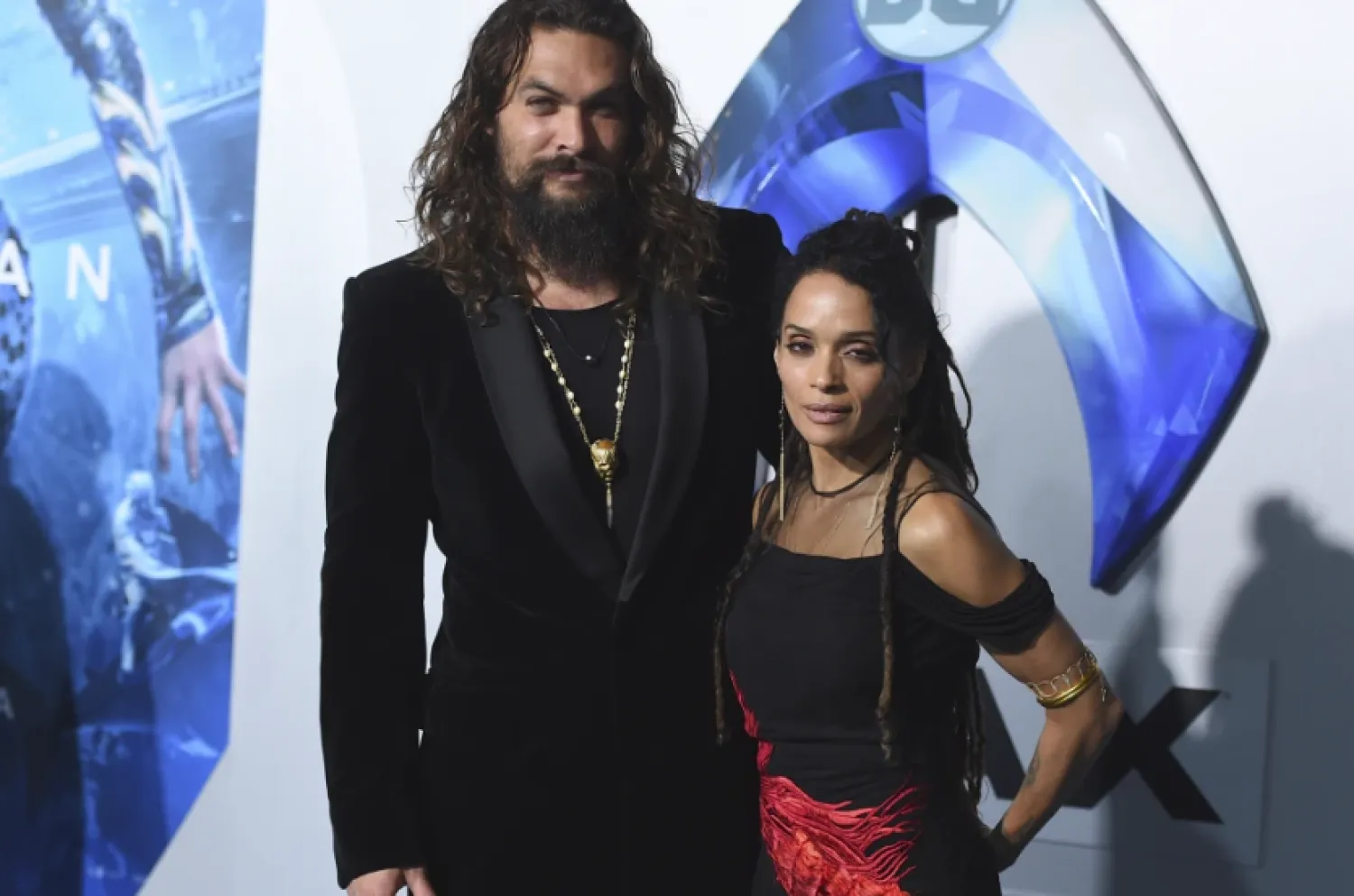More than 80 actors, directors and other artists who have taken part in the Berlin Film Festival, including Tilda Swinton and Javier Bardem, signed an open letter to the organizers published on Tuesday calling for them to take a clear stance on Israel's war in Gaza.
"We call on the Berlinale to fulfil its moral duty and clearly state its opposition to Israel's genocide, crimes against humanity and war crimes against Palestinians," said the open letter, which was published in full in entertainment industry magazine Variety.
Multiple human rights experts, scholars and a UN inquiry say Israel's assault on Gaza amounts to genocide. Israel calls its actions self-defense after Hamas' October 2023 attack on Israel.
"We are appalled by Berlinale's institutional silence," said the letter, which was also signed by actors Adam McKay, Alia Shawkat and Brian Cox, and director Mike Leigh.
It said organizers had not met demands to issue a statement affirming Palestinians' right to life and committing to uphold artists' right to speak out on the issue.
"This is the least it can - and should - do," the letter said.
The festival did not immediately respond to an emailed request for comment.
THE MOST POLITICAL FESTIVAL
The Berlin Film Festival is considered the most political of its peers, Venice and Cannes, and prides itself on showing cinema from under-represented communities and young talent. However, it has been repeatedly criticized by pro-Palestinian activists for not taking a stand on Gaza, in contrast to the war in Ukraine and the situation in Iran.
Calls have also previously been made for the entertainment industry to take a stance on Gaza.
Last year, over 5,000 actors, entertainers, and producers, including some Hollywood stars, signed a pledge to not work with Israeli film institutions that they saw as being complicit in the abuse of Palestinians by Israel.
Paramount studio later condemned that pledge and said it did not agree with such efforts.
ROY PULLS OUT
Tuesday's letter also condemned statements by this year's jury president, German director Wim Wenders, that filmmakers should stay out of politics, writing: "You cannot separate one from the other."
Wenders' comments prompted Indian novelist Arundhati Roy, winner of the Booker Prize in 1997 for her novel "The God of Small Things", to pull out of the festival earlier this week.
Roy, who had been due to present "In Which Annie Gives It Those Ones", a 1989 film which she wrote, in the Berlinale's Classics section, characterized Wenders' comments as "unconscionable."
In response, festival director Tricia Tuttle issued a note on Saturday defending artists' decision not to comment on political issues.
"People have called for free speech at the Berlinale. Free speech is happening at the Berlinale," she said.
"But increasingly, filmmakers are expected to answer any question put to them," she wrote, and are criticized if they do not answer, or answer "and we do not like what they say."









